LATEST INSIGHTS
Your Present Location: LATEST INSIGHTS-

William Jones: The psy-war attitude towards China during the coronavirus crisis must cease
The outbreak of the coronavirus in Wuhan caught everyone by surprise. At the beginning of the Spring Festival holiday travel, the danger of a rapid spread was particularly dangerous. At the point it was discovered, the reaction of the government was swift and comprehensive, both with regard to prevention as well as detection. The Chinese government is following the development of the disease closely from the get-go and have taken extraordinary measures at the national level to deal with the crisis. All Spring Festival celebrations were canceled for the sake of people's health.
2020-02-05 -
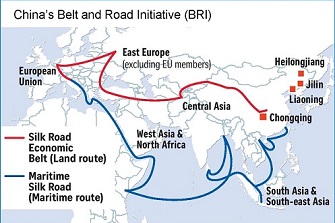
Ding Gang: Why isn’t the BRI a strategy of China?
Western strategists have intentionally or unintentionally ignored the fact that China has not called the "Belt and Road" a strategy, but an initiative. One of the reasons is that the Belt and Road Initiative (BRI) is not China-centric, nor to create an alliance. BRI is a cooperative initiative targeted at development. It aims to build a platform to achieve joint development with other countries. China does not engage in building a closed circle excluding other countries.
2020-02-05 -
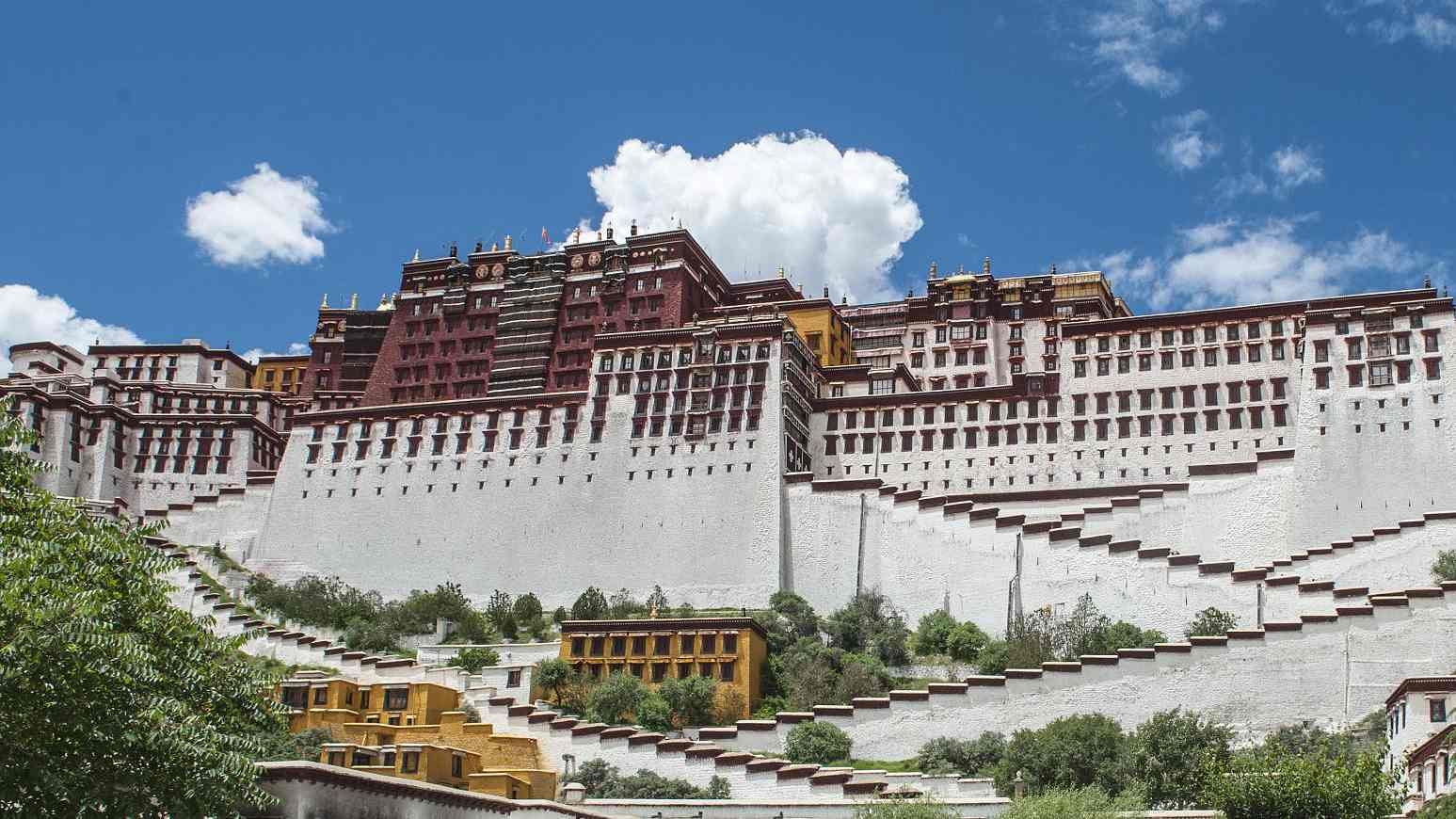
William Jones: U.S. Congress has no say in the future of Tibet
It's not the first time that Congress has shown an interest in the region. In 2002, Congress passed the Tibet Policy Act, which called for political discussions between China and the Dalai Lama who had spent an awful lot of time soft-soaping U.S. legislators on the issue.
2020-02-04 -
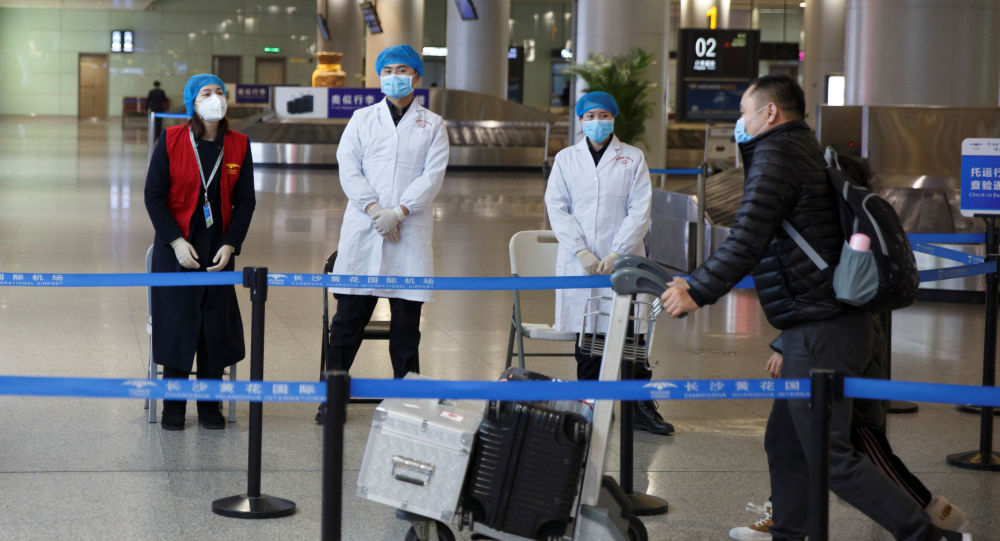
Ignoring WHO Praise, Pundits With ‘No Skills or Expertise’ Use Coronavirus to Attack China
Even though the Chinese government is taking great measures to contain the outbreak of the Wuhan coronavirus, Western media and so-called political pundits continue to criticize Beijing’s response to propagate their anti-China agenda, John Ross, senior fellow at the Chongyang Institute of Renmin University of China, told Sputnik Wednesday.
2020-02-04 -
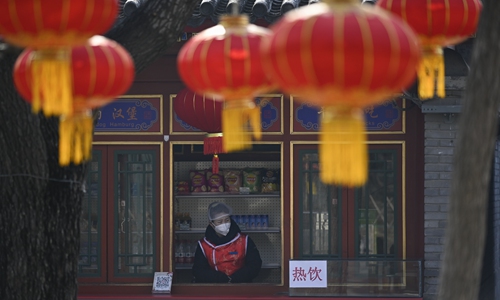
Wang Wen: Chinese people have most positive outlook in a negative world
The spread of the novel coronavirus has brought an element of suffering to the 2020 Spring Festival. This has made the normally optimistic Chinese people more cautious about the future.
2020-02-04 -
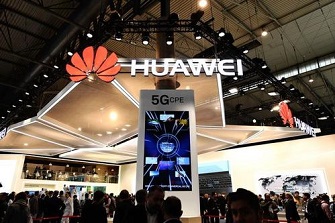
Blocking Huawei will harm China-UK relations
Refusing Huawei will severely harm China-UK relations and undermine Chinese companies' confidence in the British investment environment, Chinese Ambassador to the UK Liu Xiaoming told the Global Times on Monday. The likely plan to not use Huawei will also "hinder the development of the British telecommunications industry and hurt Britain's image in the eyes of global investors as an open and inclusive partner for cooperation," the ambassador said in an emailed reply to questions from the Global Times.
2020-01-22 -
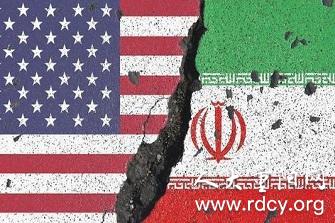
US, Iran show wisdom in managing crisis
The US and Iran both showed wisdom and restraint to manage the crisis after the missile attacks launched by Iran at US military targets in Iraq for the assassination of Iranian major general Qasem Soleimani, said Chinese experts, but they warned that the tension will remain as Iran will keep trying to push the US out of the region.US President Donald Trump said at a press conference in Washington, DC Wednesday that "No Americans were harmed" in the missile attacks by Iran. He didn't say the US would launch a military retaliation, only that it would impose "additional punishing economic sanctions" on Iran.
2020-01-22 -
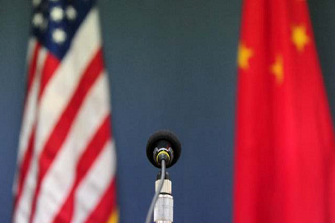
Zhang Jingwei: China held its own in phase one trade deal?
A piece of good news has finally arrived as we usher in a new decade.On 15 January 2020 (EST), China and the US signed the Economic and Trade Agreement between the United States of America and the People’s Republic of China at Washington. This agreement is also widely known to observers and commentators as the “phase one” trade agreement between the two powers.
2020-01-21 -
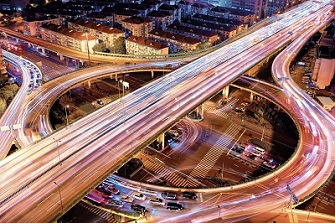
Wang Wen: How can the US sell more goods to China?
Can China digest such a huge increase in imports from the US? I think the country has the potential, but it might be stuffed in the short term. It's like people who have a good appetite, but one might choke up if eating too fast. The key issue is, when such a situation occurs, it might impact the original process of structural adjustment in China's growth in social consumption. There will be fierce competition in Chinese markets among US products, other foreign merchandise and Chinese goods.
2020-01-21 -
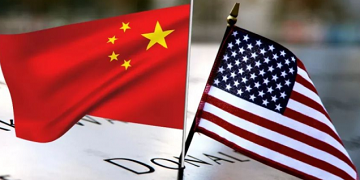
Zhao Minghao: U.S. continues to intensify tensions with China over technology
China and the United States have just signed the phase one trade agreement, a development widely applauded by the international community. The Managing Director of the International Monetary Fund, Kristalina Georgieva, said the agreement will reduce the uncertainty that has dampened global economic growth. The American business community also commented positively on the agreement, largely because they have paid a hefty price for the "trade war."
2020-01-21 -
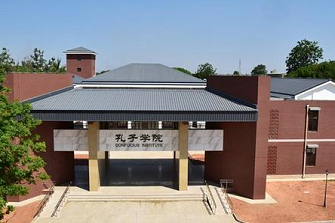
Wang Peng: Confucius Institutes in Brazil and BRICS Education Cooperation
For the most part of the first decade in the 21st century, the five BRICS countries—Brazil, Russia, India, China, and South Africa —were among the fastest growing emerging markets. Certainly, the term, first coined as “BRIC” by Goldman Sachs in 2003, does not mean that these countries are a political alliance (like the European Union) or a formal trading association, though they have the potential to form a powerful economic bloc. Leaders from the BRICS countries regularly attend summits together and often act in concert with each other’s interests.
2020-01-20 -
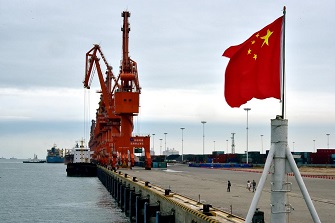
He Weiwen: Washington Misinterprets China’s System
Over the past two years, Washington has unilaterally and repeatedly imposed tariffs and otherwise pressured China based on a fundamental accusation — that China practices “state capitalism,” or statism.” The 2016 report to Congress by the U.S.-China Economic and Security Review Commission said that China had been pursuing a series of industrial policies to help its domestic companies gain an unfair advantage over their foreign competitors in the overseas market.
2020-01-20 -
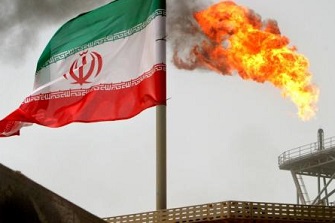
Iran weakness shown by protests
"A good hand" was dealt Iran in handling the US assassination of Major General Qasem Soleimani, but Tehran didn't play it well, and now the situation has turned against itself, revealing flaws in the country's crisis management, analysts said.Earlier this month, on January 5-7, after the assassination of Soleimani, hundreds of thousands of Iranian demonstrators across the country showed their fury toward the US. But days later, after Iran admitted to shooting down the Ukraine International Airlines Boeing 737 that caused 176 deaths, protests erupted against the Iranian authorities and military forces.
2020-01-20 -
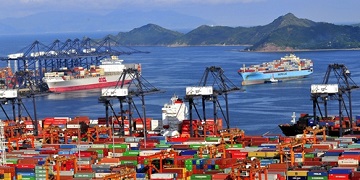
Phase two talks may not start soon, related to WTO reforms
The signing of a phase one trade deal between China and the US may not lead to phase two talks any time soon, while trade arguments, tariff threats and US investment restrictions on China will become the "new normal" over the longer term, a source with knowledge of the talks said on Wednesday. Moreover, after the signing, the US will maintain 25 percent tariffs on $250 billion of Chinese imports, along with 7.5 percent tariffs on $120 billion of Chinese imports, according to the Office of the US Trade Representative.
2020-01-20 -
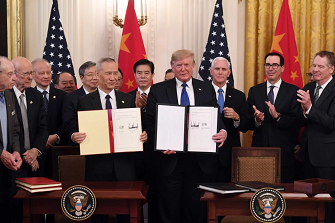
He Weiwen: Trade War Truce, But for How Long?
January 15, 2020 will be recorded in history as marking a hard-won truce in the 22-month trade war between the world’s two largest economies. The signing of the phase one agreement indicates a temporary detente, providing a relatively stable and predictable environment for the coming months — hopefully even longer.
2020-01-19 -
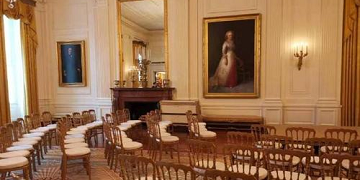
Wang Peng interviewed by Bloomberg on phase one agreement
Wang Peng, associate research fellow of the Chongyang Institute for Financial Studies at Renmin University of China, was interviewed by Bloomberg, talking about the phase one agreement and Sino-US relations in the future. This article is excerpted from Bloomberg News.
2020-01-19 -
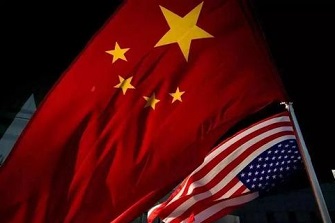
William Jones: Phase one agreement could be a phase change in Sino-U.S. relations
On January 15, U.S. President Donald Trump and Chinese Vice Premier Liu He signed the phase one agreement on trade to great fanfare. While there is still much concern that the phase one agreement is insufficient in the long run to resolve the overall trade dispute and that many of the contentious issues will have to be resolved in the negotiations for a phase two, or even a phase three negotiation, the tensions have receded. The signing of the agreement also allowed Trump to wax eloquent about his personal relationship to Chinese President Xi Jinping, whom he congratulated on achieving this agreement.
2020-01-19 -
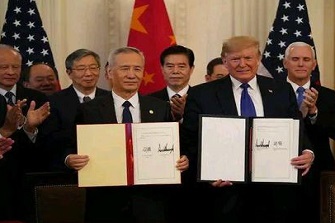
Text of phase one deal balanced, fair
After nearly two years of fighting, Chinese Vice Premier Liu He and US President Donald Trump signed the phase one trade agreement in a lengthy grand signing ceremony at the White House on Wednesday (US time).The phase one trade agreement between China and the US reflected what Chinese officials have long stressed - that any deal must be balanced and fair and include initiatives that, if properly executed, could help address disputes and avoid further confrontation, Chinese analysts said on Thursday.
2020-01-17 -
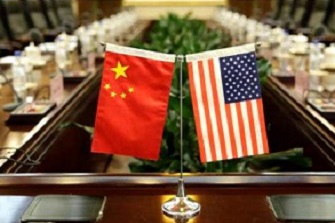
He Weiwen: What does phase one trade deal mean for China's financial market?
China and the U.S. signed the phase one trade agreement on January 15, 2020, after their on-and-off negotiations and tariff escalations that lasted for nearly two years. The phase one agreement is a hard-won achievement, indicating a temporary detente in the bilateral trade relations, providing a relatively stable and predictable environment for coming months. It also suggests a pathway for managing the two sides' differences in the future.
2020-01-17 -
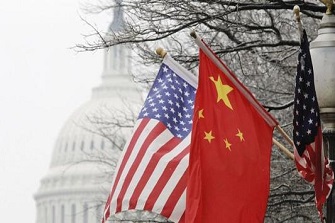
China may ask the US to remove tariffs before phase two talks
China will need time to assess the just-signed phase one trade agreement and other complicating factors before launching negotiations with the US for a phase two agreement. US officials, including Vice President Mike Pence, who claim the talks are already underway may be getting ahead of themselves, a government advisor said on Thursday.Even if China agrees to begin negotiations for a phase two agreement, it will likely demand that the US roll back all tariffs prior to talks, a prominent trade expert in China suggested.
2020-01-17
























































































 京公网安备 11010802037854号
京公网安备 11010802037854号





